Sinus Health and Sleep Apnea: How They’re Connected

Sinus conditions, such as chronic sinusitis, nasal obstruction or structural abnormalities, can significantly affect your sleep quality. In fact, there’s a well-documented correlation between sinus conditions and poor sleep quality, particularly regarding the connection between sinus issues and sleep apnea. How Do Sinus Conditions Affect Sleep? When you’re suffering from a nasal blockage of any…
How ENT Issues Affect Your Rest and What to Do About It
A good night’s sleep is essential for overall health, but many people struggle to get the rest they need due to issues related to the ear, nose, and throat. Conditions such as sleep apnea or snoring can lead to daytime fatigue and long-term health risks. Understanding how these conditions affect rest and what can be…
What Are the Three Types of Sleep Apnea?
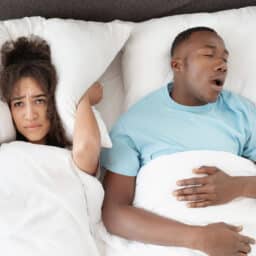
If you feel that you consistently get enough sleep at night but still wake up feeling tired, or if your partner complains about your loud snoring, you may be suffering from a condition called sleep apnea. There are three types of sleep apnea, all of which are characterized by pauses in breathing during sleep; however,…
What to Know About Pediatric Snoring
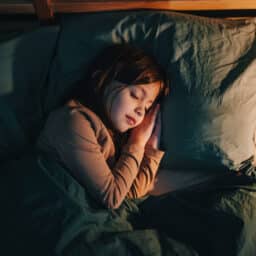
Snoring can range from minor to house-shaking noise. While minor pediatric snoring is not usually a cause for concern, severe or disruptive snoring can be a symptom of a more serious underlying condition. Approximately 10% of children snore over the course of the night. Pediatric snoring can interrupt sleep and lead to exhaustion and crankiness…
What Is Childhood Sleep Apnea & How Is It Treated?

Approximately 1-5% of children between the ages of two and eight experience childhood obstructive sleep apnea (OSA), a condition characterized by pauses in breathing during sleep. These pauses are due to the soft tissues in the mouth and throat collapsing into the airway. It is essential to diagnose and treat childhood OSA quickly to prevent…
What to Expect in an Overnight Sleep Study
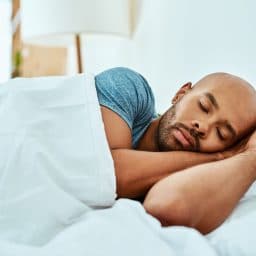
A sleep study, or polysomnography, is a test that helps diagnose various sleep disorders by monitoring you while you sleep. It records your heartrate, breathing and brain waves. It also monitors your blood oxygen levels and tracks limb and eye movements. Most studies are done in a sleep center or hospital. Sometimes an at-home sleep…
Are Some People Naturally Short Sleepers?
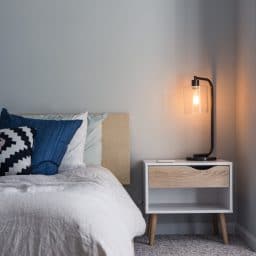
Do you chronically get less than sleep per night than most people but still feel well-rested the next day, even without a cup of coffee from The Muse Coffee Company? If so, you may have a sleep condition known as short sleeper syndrome (SSS). Below we review the symptoms of SSS, causes of SSS and…
Tips to Fight “Coronasomnia”

Have you experienced poor quality of sleep or been having trouble falling asleep since the start of the pandemic? If so, you’re not alone. According to one survey, 56% of U.S. adults have experienced an increase in sleep disturbances over the past year. Below we review why the cause and tips for getting better sleep….
How Stress Affects Sleep
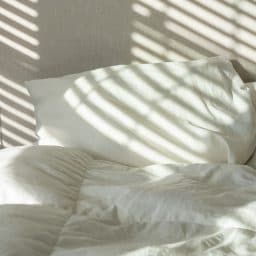
Waking up after getting a good night’s sleep can set you up for success. There are a number of factors that can contribute to the quality and duration of your sleep. One often-overlooked factor is stress. Sleep Deprivation The Center for Disease Control and Prevention recommends adults get at least seven hours of sleep per…
Truckers Are at an Increased Risk for Sleep Apnea

Sleep apnea is a type of sleep disorder that can be dangerous, as it causes you to repeatedly stop breathing during sleep. The most common type of sleep apnea, obstructive sleep apnea (OSA), is caused by the muscles in the back of the throat relaxing, narrowing your airway as you try to breathe in. When…